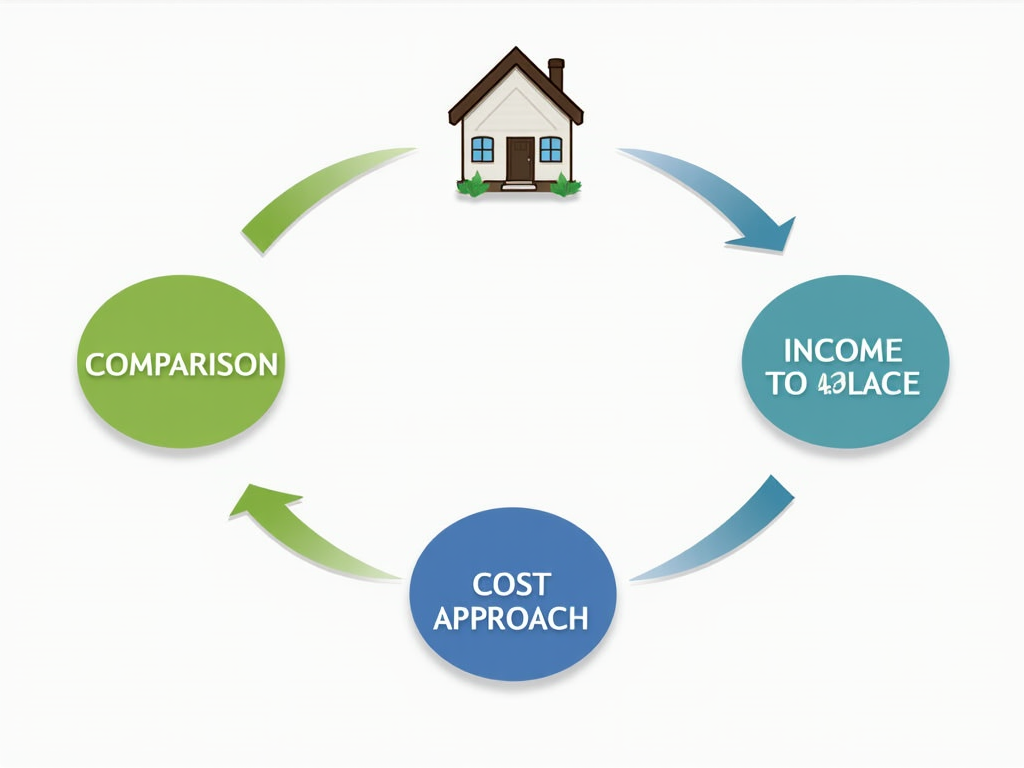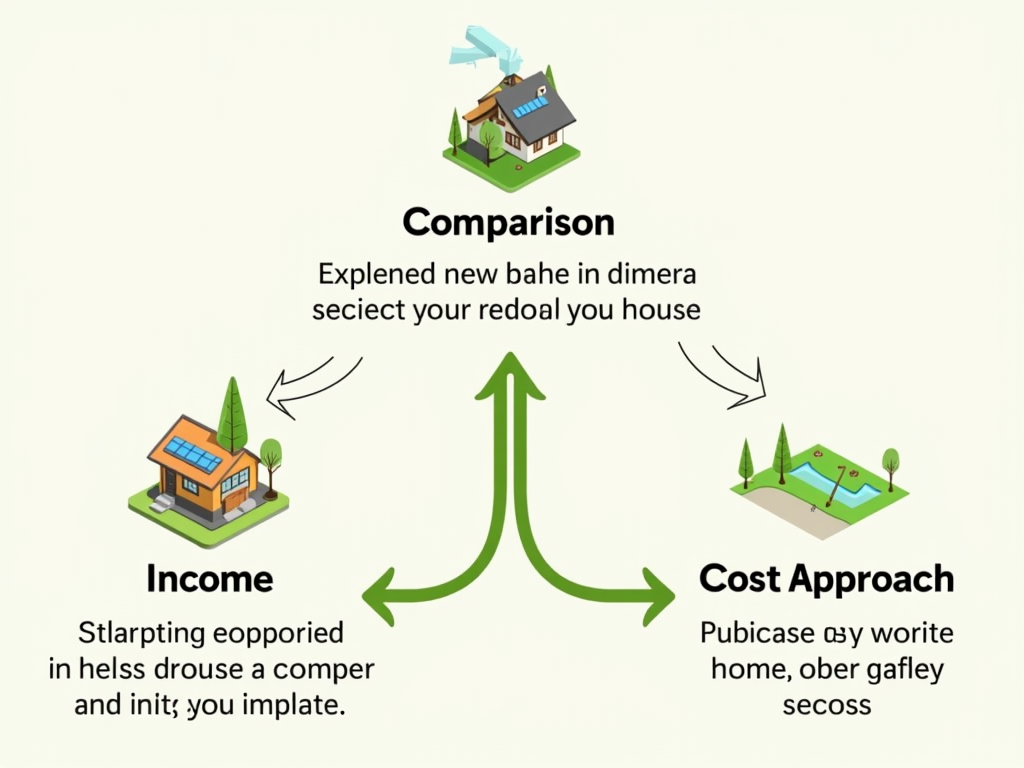The valuation of a property is like deciphering a secret code that opens the door to successful investments. Whether for buying, selling, or optimizing a portfolio, understanding valuation methods is essential. This article will explore the three recognized valuation methods in Germany and outline the steps and costs involved in a professional appraisal. These insights will help you recognize the true value of your property and make smart decisions.
The Mosaic of Real Estate Valuation: Methods Compared

Determining the value of a property requires a deep understanding of its dynamic characteristics and its placement in the local market. For an accurate valuation, three main methods can be employed: the comparison method, the income method, and the cost method. Each of these methods has its unique strengths and weaknesses, which are important to understand.
Let’s start with the comparison method, which stands out for its proximity to market events. It is ideal for condominiums and single-family homes, as it is based on the sale prices of similar properties in the area. This method is practical and provides tangible results as long as there are enough comparable properties available. However, one challenge is the dependence on market fluctuations and a sufficient number of sales of similar properties.
The income method emphasizes the income generated by a property. This method is particularly interesting for rental or leasing properties, as it incorporates potential rental income into the valuation. This makes it especially attractive for investors looking to determine the value of multi-unit or commercial properties. Although this method allows for many variables and adjustments to provide realistic results, it heavily relies on the actual rate of real estate interest and only marginally considers future rental increases.
Finally, we must mention the cost method, which focuses on production costs. It is particularly relevant for customized or protected properties, which do not have an easy comparison in the free market. The calculation is based on exact construction costs, but it is time-consuming and complex. While it offers a detailed overview of the property, it does not necessarily reflect current market conditions.
Comparing these methods clearly shows that the choice of the right approach heavily depends on the type of property, its usage, and the available data. An interaction or combination of methods can ensure a more comprehensive and accurate evaluation. This provides security and clarity to owners and buyers in their decisions.
The Path to a Reliable Property Value: Steps and Costs of the Appraisal

An appraisal for real estate valuation can be the key to determining the true value of your property. The process of such an appraisal is both detailed and precise. It begins with contacting a qualified expert, who often offers a free initial consultation. This consultation helps to define the appropriate valuation approach based on the type of property and the purpose of the valuation.
Next is an inspection appointment, during which the expert examines the property. Here, technical features, the level of development, and special characteristics such as any extensions are taken into account. This inspection forms the basis for the data analysis and market value calculation. Various valuation methods are employed, including the comparison method, the income method, or the cost method, depending on the specifics of the property.
In the next step, the expert prepares a report, which serves as a detailed and legally usable documentation, containing accurate descriptions and the applied valuation techniques. This document is crucial in case of disputes, whether with authorities or in other legal contexts, as it can be considered as evidence.
Finally, there is the verification and presentation of the report, which is often submitted to the authorities or tax office if necessary. This final phase is essential to ensure the legal validity of the document.
A less obvious but equally crucial aspect is the costs associated with a real estate appraisal. These vary significantly depending on the type of valuation and the property. A detailed market value appraisal can be more expensive than a brief report focusing on essential valuation criteria, which is often more economical. However, both forms provide a valuable basis for buying or selling decisions.
Factors influencing costs include the size and complexity of the property, the regional location, and the expert’s experience. It is particularly important to calculate costs upfront: a non-binding offer provides the necessary transparency regarding the cost of the appraisal, allowing for an informed decision.